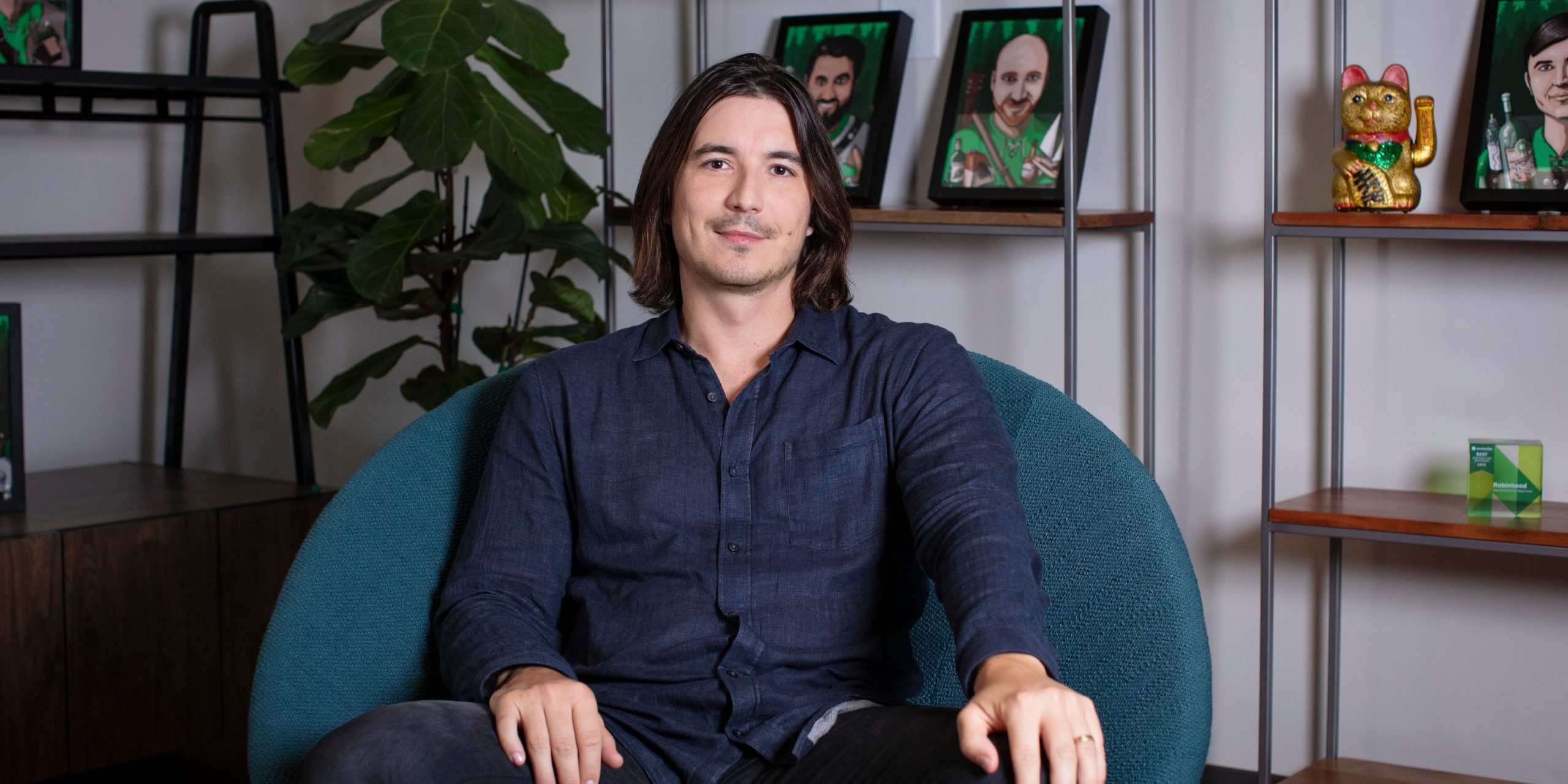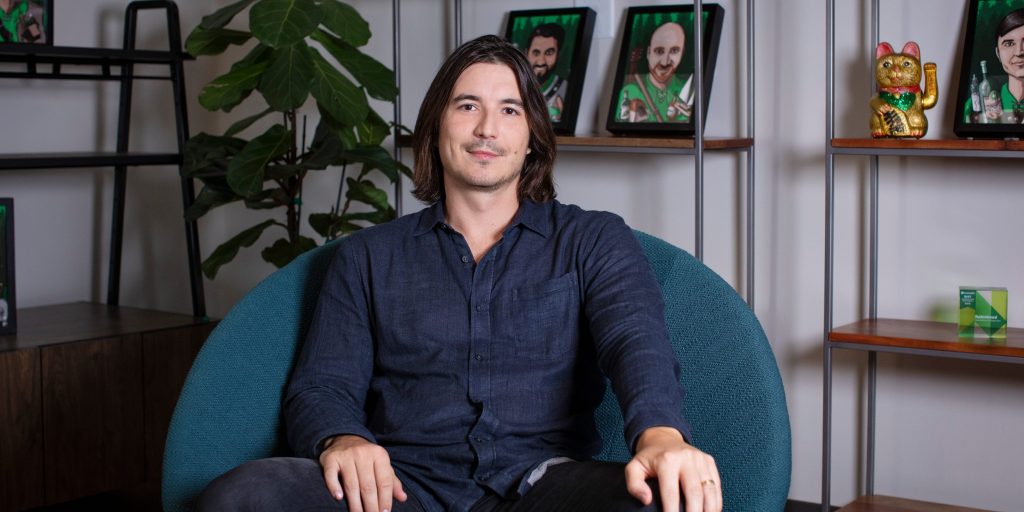
Kimberly White/Getty Images for Robinhood
- Ever since Robinhood was founded in 2013, the firm has been at the center of the retail trading boom.
- Ahead of its IPO, Robinhood announced it is selling up to a third of its shares directly to retail investors.
- Insider asked six experts what to expect ahead of the popular trading app's stock market debut.
- Sign up here for our daily newsletter, 10 Things Before the Opening Bell.
Robinhood's mission since it was founded in 2013 has been to "democratize finance for all."
Years later, ahead of its hotly-anticipated initial public offering, founder Vlad Tenev is trying to make good on that promise by offering a third of the company's shares directly to customers through its app, a far greater amount than is usually offered to individual investors during most IPOs.
The decision was surprising, but gels with the company's stated mission to even the playing field between retail investors and massive institutions. Still, some experts have fretted over risks in the upcoming debut, particularly around the payment for order flow practice at the heart of Robinhood's business model.
Meanwhile, Robinhood itself has warned investors that retail-trader interest could pose a risk to the stock price.
Still, Robinhood's IPO is among the most highly anticipated of the year. The company counts 17.7 million monthly active users, and the app added six million new active accounts in just the first quarter of this year.
The Menlo Park, California-based firm in its regulatory filing said it is aiming to raise as much as $2.3 billion in its IPO. It is offering 55 million shares priced at $38-$42, putting its market valuation at $35 billion at the top range.
According to reports, the company will start trading this coming Thursday, July 29, under the ticker HOOD.
Insider asked six experts on what to expect ahead of Robinhood's debut:
(Comments are lightly edited and condensed for clarity.)
On reserving shares for retail investors
"I am struck by Robinhood's decision to reserve shares for their customers. This may be a strategy to try to build brand loyalty ... Many IPO processes allow participation restrictions that are somewhat skewed towards investors who are relatively informed about the business fundamentals." - Chester Spatt, finance professor at Carnegie Mellon University's Tepper School of Business.
"Robinhood is following the market trend of today's most innovative assets, such as bitcoin, by giving retail investors more or all of the first bite at the apple ahead of institutional investors. You no longer need to hit a certain level of financial eliteness in order to access portfolio-defining assets, and that is a meaningful win for retail investors." - Rodrigo Vicuna, CFO of Prime Trust.
"Selling almost a third of its offering directly to customers is a strategic decision by Robinhood to ensure they can keep a fixed customer base of retailers who use only Robinhood for trading. This will ensure that more retail investors buy the shares." - Ben Yankowitz, CFO of RocketFuel Blockchain, a payments processing firm.
On valuation
"With Robinhood's demographic and emotional connection with investors that have powered the rocket ship rides of AMC and Gamestop, anything is possible. The valuation is insane ... They are hoodwinking their clients. They tell people they aren't paying commissions but the commissions are just hidden in the trading." - Eric Schiffer, CEO of Patriarch Organization, a private equity firm.
"We can expect fireworks. Robinhood traders have become one of the biggest stories in finance over the past 12 months ... Robinhood seeking a valuation of around $35 billion strikes me as reasonable given this context ... I think it could have commanded a significantly higher valuation if it had not received so much negative press for the meme stock trade-halting controversy." - Josh Fraser, co-founder of Origin Protocol, a blockchain firm.
"Robinhood has seen tremendous success over the past 18 months ... I will say, however, that companies that IPO like this tend to see massive hype initially, followed by a sell-off, so if I was to invest in this, I would wait for that entry point rather than participate in the IPO." - Darren Franceschini, co-founder of BlockBank, an AI-powered banking platform.
Dit artikel is oorspronkelijk verschenen op z24.nl

